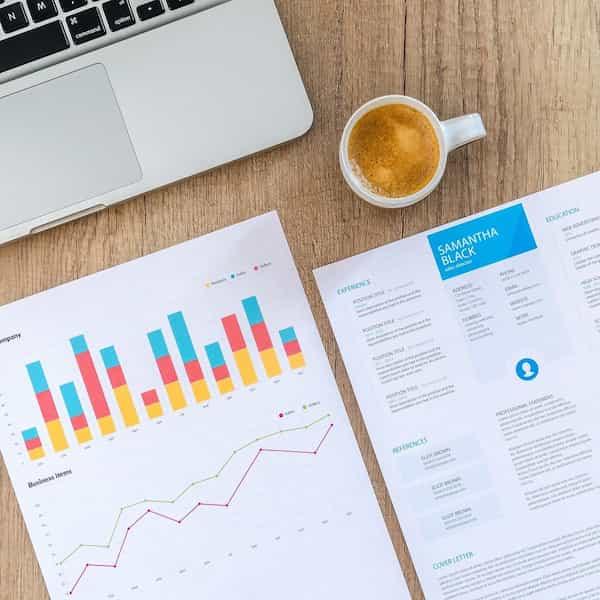Jobs
American consumers feel better in November, buoyed by jobs market optimism

(TNND) — Americans were feeling better about the economy this month, the newest Consumer Confidence Index from The Conference Board showed.
The index reading increased in November to 111.7 from 109.6 in October and 99.2 in September.
The Consumer Confidence Index reached a new high for the year.
And the reading is at the top of the range that has prevailed over the past two years.
Conference Board Senior Economist Stephanie Guichard said the increase this month wasn’t big, but it was important that it continued the positive trend from the previous month.
High prices are “still top of mind” for Americans, she said. But year-ahead inflation expectations fell to their lowest level since March 2020.
Average 12-month inflation expectations declined from 5.3% last month to 4.9% in November.
The survey respondents still hold inflation expectations that outpace actual inflation, which is currently at an annual rate of 2.6%.
The Federal Reserve’s target for inflation is 2%.
The consumer price index, a popular measure of inflation, peaked at 9.1% in June 2022.
Labor market optimism drove the improvement this month in the Consumer Confidence Index, Guichard said.
The economy added 2.17 million jobs over the last 12 months, labor economist Aaron Sojourner said when a new jobs report was released at the beginning of November. That was more than 2019, he noted.
The labor market remains strong, he said. But Sojourner previously told The National News Desk that it has become harder to find a job. The hiring rate has been on a steady decline, he said.
Still, the folks who took part in The Conference Board’s survey were feeling good about the future of the jobs market.
People were feeling really good about the stock market. A record-high 56.4% of consumers expected stock prices to increase over the year ahead.
The share of consumers expecting higher interest rates over the next 12 months declined to 43.6%.
Write-in responses showed the election was second only to inflation among economy-related issues on the minds of consumers.
Guichard said the survey was conducted from Nov. 1-18, so it included feedback both before and after the election.
Some people in the write-in responses were enthusiastic about the election results. Some were pessimistic, Guichard said.
All they can say is that mentions of the election were up, as was consumer confidence. But Guichard said they have no way to tell if the election results directly contributed to the rise in consumer confidence.
The Conference Board is a nonpartisan, nonprofit think tank and business membership organization that has been measuring consumer confidence since 1967.
The index reading, which currently sits at 111.7, was above 100 from the summer of 2016 until the spring of 2020.
The index, which got as high as 137.9 in the last decade, got as low as around 86 early in the pandemic.









